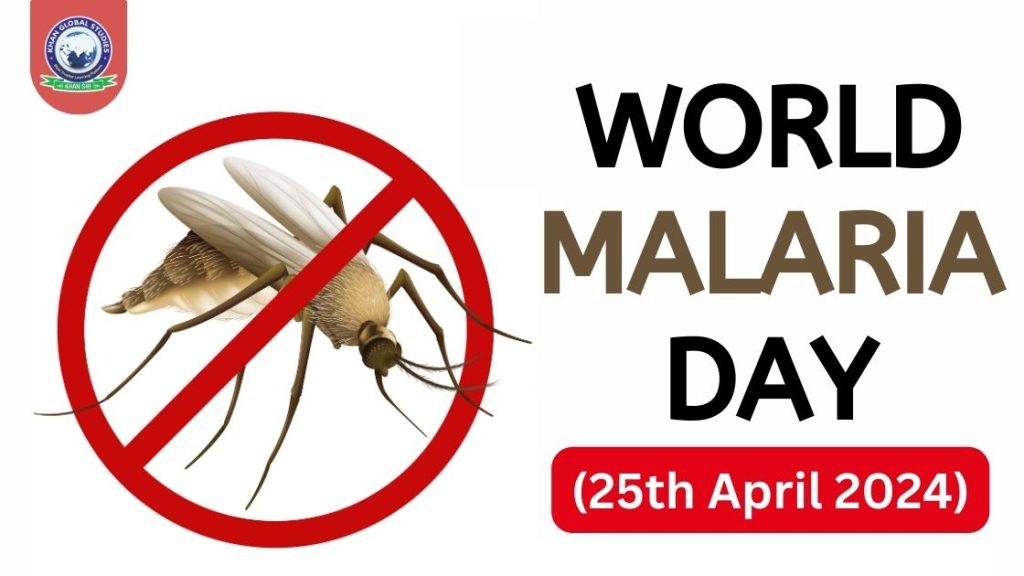As World Malaria Day approaches on April 25, 2024, it is important to highlight this global health observance and understand its importance in the fight against malaria. The objective of this article is to provide comprehensive information on the date, theme, history, significance and important facts of World Malaria Day.
What is World Malaria Day?
World Malaria Day is an international observance observed every year on 25 April to raise awareness about malaria and mobilize efforts to control and prevent the spread of this deadly disease. It serves as a platform to highlight advances made in malaria prevention, treatment and research, as well as the challenges facing eliminating the disease.
World Malaria Day 2024 Theme
The theme of World Malaria Day 2024 revolves around “Intensifying the fight against malaria for a more equitable world”. This theme underlines the importance of global solidarity and collective action in achieving the goal of eliminating malaria. It emphasizes the need for collaboration between governments, organisations, communities and individuals to accelerate progress towards a malaria-free world.
History of World Malaria Day
World Malaria Day was established in May 2007 by the 60th session of the World Health Assembly, the decision-making organ of the World Health Organization (WHO). The first World Malaria Day was observed on April 25, 2008, to commemorate the adoption of the “Abuja Declaration on Roll Back Malaria” by African leaders in 2000. Since then, it has been celebrated every year to raise awareness and take action against malaria.
Significance of World Malaria Day
It holds significant importance in the global health calendar for several reasons:
- Awareness Raising: It provides an opportunity to educate individuals, communities and policymakers about the burden of malaria, its impact on public health and the importance of prevention and treatment.
- Resource Mobilization: It mobilizes resources and support for malaria control and eradication efforts, including funding, research, and innovative interventions.
- Progress Monitoring: This serves as a checkpoint to assess progress toward malaria elimination goals, identify challenges, and adjust strategies accordingly.
- Advocacy and Partnerships: It facilitates advocacy efforts and strengthens partnerships between stakeholders including governments, NGOs, academia and the private sector to drive collective action against malaria.
Key Facts About Malaria
- Malaria is a Life-Threatening Disease: Malaria is caused by parasites spread through the bite of infected female Anopheles mosquitoes. If left untreated it can cause serious complications and death.
- Global Impact: Malaria is endemic in more than 90 countries, primarily in sub-Saharan Africa, Southeast Asia, and Latin America. It disproportionately affects vulnerable populations, including children under five and pregnant women.
- Preventable and Treatable: Malaria can be prevented and treated with effective interventions such as insecticide-treated bed nets, indoor residual spraying, early diagnosis and access to artemisinin-based combination therapy (ACT).
- Progress and Challenges: Although significant progress has been made in reducing malaria incidence and mortality in recent years, challenges such as drug resistance, pesticide resistance, and lack of funding continue to hinder efforts to eliminate the disease.
Finally, World Malaria Day serves as an important platform to unite stakeholders in the global fight against malaria. By raising awareness, mobilizing resources, and fostering collaboration, we can accelerate progress toward eliminating malaria and ensure a healthy future for all. Let us stand together and commit to ending malaria forever.




